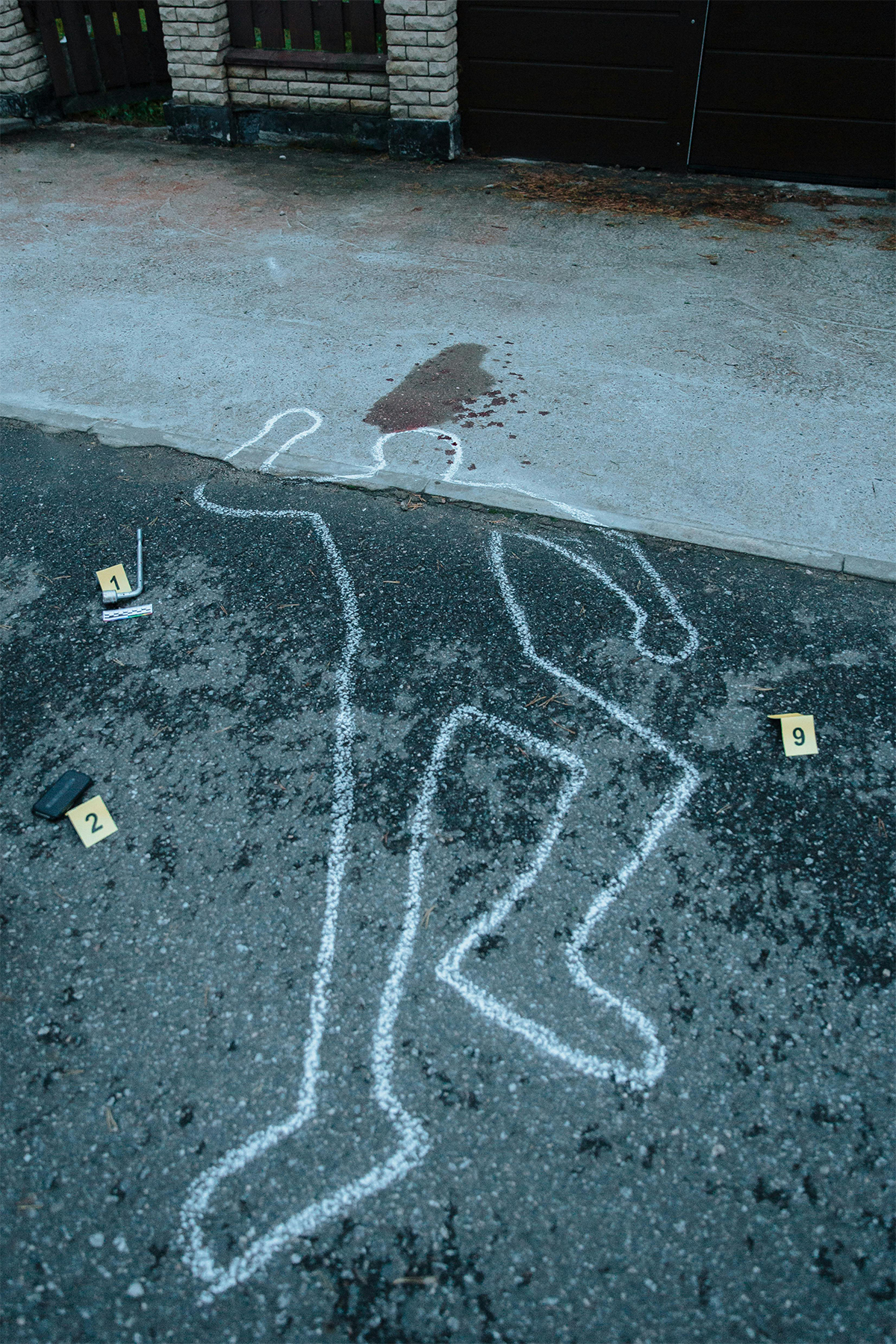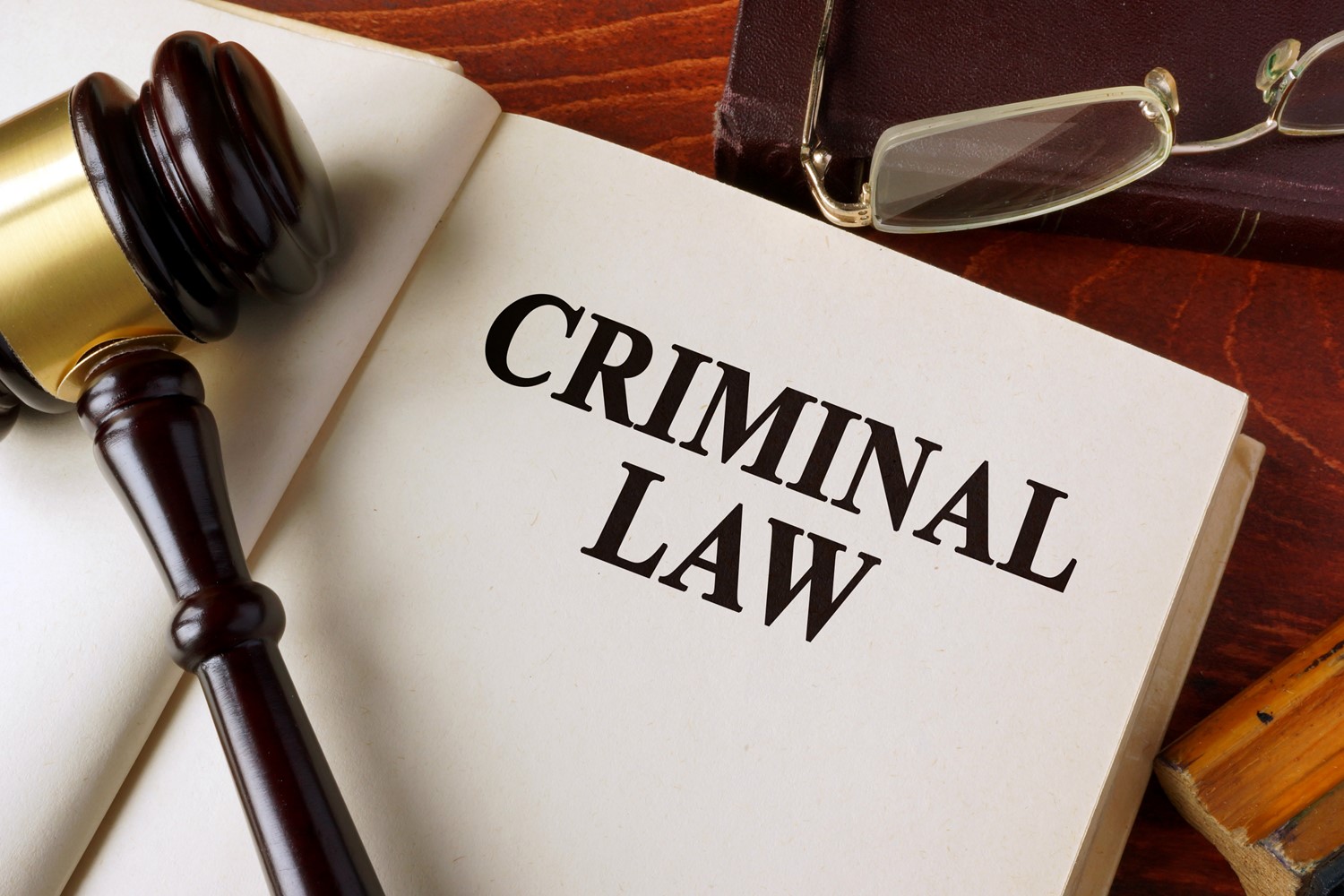Key Takeaways
- Indictable offences are severe crimes tried in higher courts with potential life imprisonment or hefty fines.
- They involve complex legal procedures like preliminary hearings and jury trials compared to summary offences.
- Legal defences exist for indictable offences, including self-defence and mistaken identity.
Table of Contents
Indictable Offence Meaning
An indictable offence is a serious offence and the penalties are tried and heard in the Supreme or District Court. Indictable offences are determined from less serious offences that are heard in a lower court, such as a magistrates court.
The types of indictable offences are murder, rape, robbery, drug offences, and treason. There are less serious offences, such as summary offences such as theft, property damage, minor offences, and traffic offences. At times, it is permissible for those charged with indictable offences to have their matter heard in the magistrates court. However, the accused would need to consent to the jurisdiction, be tried summarily, and may be limited to a trial by jury.
As an indictment is a serious offence, the initial hearing will determine if there is a prima facie case to answer or by a grand jury. This is important as it will determine where the trial will be, the procedures, and the penalties that may be imposed.
While the concept of indictable offence may seem the same throughout Australia, there are differences in the way each region handles the classification and categorisation. For instance, in Victoria, New South Wales, and Queensland, this offence is broken down into Table 1 and Table 2 of offences. Table 1 would be offences that are very serious and have longer-term jail time.
In NSW, Queensland, and South Australia, major indictable offences such as murder, rape, and endangerment to life are tried in the Supreme Court. It is important to categorise the crimes to know the severity and penalties of each category. It also showcases the seriousness of the offence and its gravity.
By distinguishing between indictable and summary offences, the legal system ensures that:
- Serious crimes receive appropriate punishment and deterrence.
- The accused has access to a fair and rigorous trial process.
- The community is protected from harm and reoffending.
Indictable Offence Examples
Indictable offences are categorised as a serious crime that has a maximum penalty and imprisonment of more than two years. For example:
- Murder is punishable by life in prison.
- Manslaughter, aggravated armed robbery, aggravated sexual assault, and rape have time in prison of up to 20 years.
- Drug trafficking is punishable by 25 years of imprisonment.
- Theft and drug possession are punishable by imprisonment for up to 10 years.
The legal implications of indictable offences are heard in higher courts, such as the District Court or Supreme Court. A judge and jury try this case and prosecutors need to prove that the accused is guilty beyond reasonable doubt.
Key Characteristics Of Indictable Offences
The key characteristics of indictable offences depend on the:
- The seriousness of the penalty.
- Requires a panel of jurors.
- Heard in higher courts such as the Supreme and District courts.
Indictable offences normally have several complex procedures, such as:
- A preliminary hearing.
- Meetings between the prosecution and defence.
- A trial by jury with testimonies and evidence.
- Mandatory sentencing for crimes such as murder and treason.
In certain jurisdictions, defendants may opt to have the trial by just a judge and not a jury. Examples of this would be murder, rape, armed robbery, serious drug trafficking, aggravated assault, and theft with the intent to cause harm. For this, it is also best to find out what does a criminal defence counsel do.

How Do Indictable Offences Differ From Summary Offences?
Indictable offences differ from summary offences by their severity, procedures, and penalties. The procedural differences are:
- Heard in high courts such as district and supreme courts.
- Require a formal indictment, whereas summary offences do not.
- The care may be tried by a jury, whereas summary offences can be tried by a judge alone.
- Indictable offences need stricter requirements for evidence compared to summary.
- Bail for indictment is very stringent, including the remand procedures.
The types of penalties for indictable offences are imprisonment of more than 2 years or a fine up to AUD10,000 or even both. This includes manslaughter, murder, and robbery with a firearm with aggravated assault. As for summary offences, it can have imprisonment up to two years or a fine of AUD5000 or both This ranges from minor theft, disorderly conduct, or public intoxication.
As for societal impacts, indictable offences have severe consequences, such as longer imprisonment and greater stigma. Summary offences, on the other hand, have lower consequences with a focus on rehabilitation and reintegration into society.
Looking for the top-rated lawyers to help with an indictable offence?
Our free consultation services will provide and determine the best criminal lawyer to help you navigate through the indictable offence.
Book right now!
What Are Serious Indictable Offences
A serious indictable offence is a charge that has significant penalties and needs to be tried in either the district court or supreme court. The offences are characterised by their gravity, severity, and potential impact on society. The key to the offence is in terms of the severity of the harm, whether there was any intent or reckless behaviour, or if there are any potential consequences that would impact political, economic, and social status.
Examples of serious offences are murder, terrorism, severe drug trafficking, aggravated armed robbery, rape, child rape, arson, kidnapping, high-level fraud, and organised crime. These cases are prosecuted by the Director of Public Prosecutions and the reason they are heard in higher courts is because of the complexity and gravity of the consequences.
What Are The Penalties For Serious Indictable Offences
The penalties for serious indictable offences are hefty fines, probations, and long-term imprisonment. This is dependent on the nature of the offence and the jurisdictions where it occurred. Let us have a look at the overview of the penalties:
- Life imprisonment for crimes such as murder, terrorism, and treason.
- Imprisonment up to 25 years or more for manslaughter, rape, or armed robbery.
When sentencing for serious indictable offences, the courts need to consider factors such as age, mental health, the cooperation of the offender, the degree of guilt, the circumstances of the offence and whether there is any previous criminal history.
If you or your loved ones are facing a serious, indictable offence, it is important to seek legal help. Criminal Law Group has the best criminal lawyers in Sydney and is experienced in navigating through the complexity of the legal system. They are the best at working towards an outcome by reviewing, negotiating, and helping you understand the options to make better choices. Visit them for a free consultation and learn how to prepare for a consultation at a criminal law firm.
Where Are Indictable Offences Heard?
Indictable offences are tried in different types of courts depending on the state and territories.
- In NSW, Victoria, Queensland, and South Australia, the cases are tried in district courts.
- In Western Australia, the cases are tried in district court.
- In the Northern Territory and Tasmania, the case is tried in the Supreme Court.
- In Victoria, some cases are tried in country courts.
There are two ways to try indictable offences:
- In some cases, the prosecution and defence may agree to act with a judge alone.
- In most cases, the offences are tried by a jury of 12 people.
Can All Indictable Charges Be Heard Before A Jury?
Not all charges are heard by a jury and can be heard before a judge. These would be offences that have lighter penalties, such as assault, theft, and minor drug offences. There are some cases where the accused is going to plead guilty or technical issues where a judge alone would be able to conduct around the complexity of the case and with clear guidance.
There are also special cases where there needs to be discretion from the judge, such as:
- The accused mental state.
- The sensitivity of the case.
However, there are some cases where there is no need to have any juries, such as:
- Indictable offences that are less serious.
- Complex white-collar crimes.
- Mental health issues.
- Disability issues.
- Classified cases.
- Cases that involve national security.
We provide a collaborative approach to legal success.
At Criminal Law Group, we focus on working closely with you to develop effective legal solutions.
Learn more about us
How To Determine If An Offence Is Indictable
The legal criteria for indictable offences are characterised by severity, the designation of the legislative, and whether there needs to be a trial by jury. The court decision and legal interpretation play an important role in determining the classification of the offence.
The key considerations in court decisions include:
- The maximum penalty for the offence.
- The nature of the offence.
- The consideration of legislative intent behind the offence.
What Are Straight Indictable Offences
The straight indictable offences have the characteristics below:
- Considered serious crimes such as murder, manslaughter, treason, and serious assaults.
- Have high penalties, longer prison time, and hefty fines.
- Tried in higher courts such as the District and Supreme Court.
- Involve complex legal issues that need very high levels of proof.
These cases are different from offences that can be tried summarily because it is a less serious offence. The difference between indictable offences and those that can be tried summarily is that:
- Straight indictable offences are tried in a higher court. Summarly tried cases are conducted in lower courts.
- Straight indictable offences need a higher burden of proof compared to cases that need to be tried summarily.
- Straight indictable offences have higher penalties, fines, and longer jail time.
Not sure what to expect when selecting a criminal lawyer? We are here to help!
The Criminal Law Group has the best criminal lawyers sought after in Sydney to aid in indictable offences.
Book your consultation today!
What Are The Legal Defences And Penalties For Indictable Offences?
The legal defences and penalties for indictable offences are prison time that is more than two years and fines that may exceed AUD10,000. These offences are heard in higher courts, such as district or supreme and need to be tried in front of either a judge or jury.
The common defences for indictable offences are mistaken identity, lack of intent, due to duress, because of self-defence, and that the accuser believed it was indeed necessary to commit the crime.
The penalties for indictable offences are:
- Minimum of 5 years to life in prison.
- Fines that can go up to AUD 10,000 or more.
- The accuser can perform community service and restorative justice programmes.
What Happens If I Am Charged With A Summary Offence
If you are charged with a summary offence, most likely your case may be tried in a magistrates court. The crime is normally punishable by a fine, community service, and jail time up to 2 years.
Examples of summary offences include disorderly conduct, minor traffic offences, and minor criminal damage. The legal pathway for summary offences is normally by:
- The charge the police have against you.
- You will then be tried at a magistrate’s court.
- Depending on your guilty plea, the sentence will then be imposed. Thus, it is important to what happens during criminal law sentencing.
There are times where summary offences can be upgraded to an indictable offence. This happens when both parties decide to upgrade the case and identify the seriousness and complexity of the case.
Having issues managing your indictable offence? We are here to help!
The best when it comes to handling indictable offences.
Contact us now!



































































